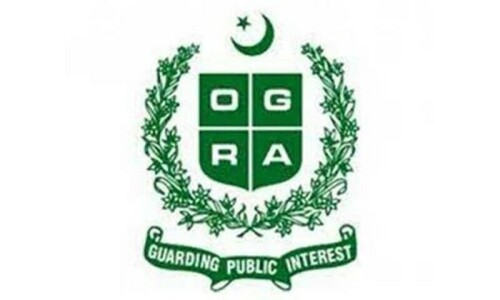ISLAMABAD: Pakistan’s mild economic recovery continues with some structural reforms that have started to yield results, however, much of the growth is underpinned by exogenous factors, including falling oil prices and substantial remittances, the World Bank says in a new report released on Monday.
The ‘South Asia Economic Focus’ emphasised that sustained and inclusive growth will rely upon investments, chiefly through CPEC, recovery in key markets for Pakistan — China and Gulf Council Countries (GCC) — and successful implementation of tax and energy reforms.
The report suggests that Pakistan needs to maintain the momentum in reforming its business climate, access to finance and trade regime in order to unlock its high-growth potential.
As the election year approaches in 2018, the government may find it difficult to implement unpopular decisions, particularly on taxation and energy. This, combined with pre-election spending pressures, poses a risk to prudent fiscal policy, says the twice-year economic report on South Asia.
Growth in Pakistan is projected to accelerate from 4.2 per cent in fiscal year 2015 to 4.5pc in fiscal year 2016 and 5.1pc by fiscal year 2018, broadly in line with the underlying potential output growth and capital accumulation, supported by a growing industry and services sector on the supply side and strengthening investment flows on the demand side.
The report is of the view that CPEC, if completed, could be a game changer for Pakistan, but is currently mired in political economy risks. To ensure the corridor delivers on its potential, the government needs to address concerns and build consensus among all stakeholders. Furthermore, a prolonged slowdown in China could diminish financial inflows under these projects.
Pakistan should also monitor a key driver of remittances: public investment cuts and the resulting restrictions on foreign employment in GCC countries, particularly in construction, where many Pakistani migrants are employed, the report also suggests.
Any demand-driven economic expansion as a result of CPEC’s implementation is expected to be limited in the short-run as increased investment will likely be offset by a significant increase in imports.
Published in Dawn, April 12th, 2016












































